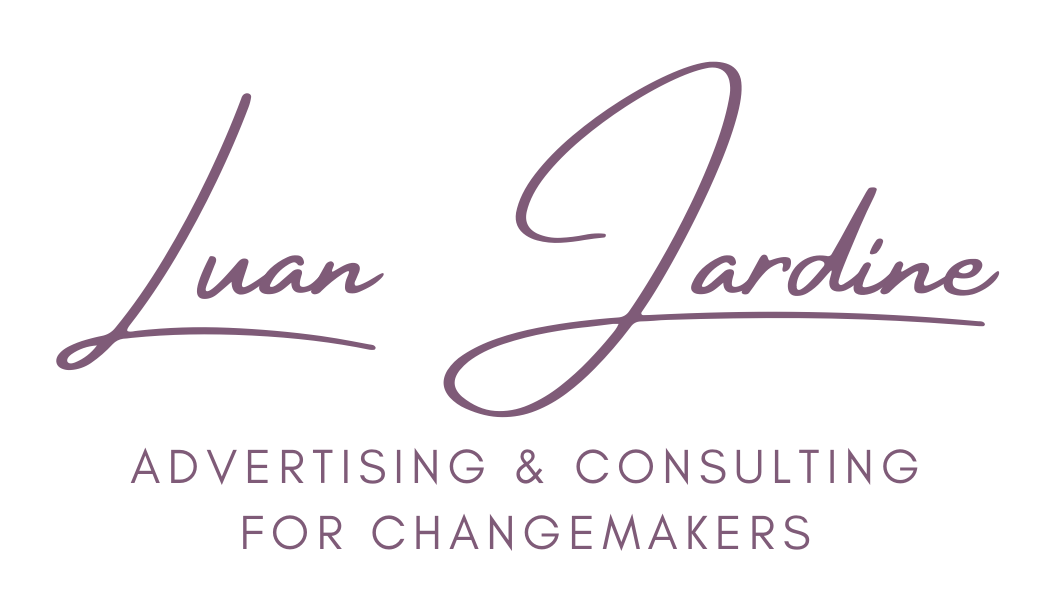Mental Health & Marketing
Marketing is made out to be an evil source of insecurity for consumers. This can be true for certain companies, but it’s also so much more.
If intertwined carefully, marketing and mental health can come together to form a beautiful message that raises people up.
My definition of marketing:
Methods, online or offline, to get exposure to your business.
I just googled the definition and the first thing it came up with is, “the action or business of promoting and selling products or services, including market research and advertising.”
I don’t agree with that definition.
Marketing ≠ sales.
Marketing is what happens before sales. Marketing is exposure. Sales have a monetary value. You can use marketing to promote an article you wrote without a desire for sales. Do you see what I’m saying?
Anyway, using marketing and moving away from thinking it’s sales, create space for opportunity. If you market something to raise people up, then you will make sales. If you market something to make sales, you may or may not reach your goal.
Marketing with intention and with the mental well-being of your audience in mind creates trust, excitement, and inclusion.
Marketing with the only goal being sales bypasses the human experience of loyalty, emotions, and more. People don’t purchase something unless it evokes feelings. But this is also where it gets tricky.
You can use marketing to evoke positive or negative emotions. To be honest, they both work in getting exposure and purchases. That being said, evoking positive emotions in people creates trust. Evoking negative emotions creates insecurity, unrealistic hope, and usually disappointment if a purchase is made.
Think about seeing an advertisement for a business coach. It says something like, “You’re still not at 6 figures?! Sign up for my email list for the 10 things you’re doing wrong.”
Ick. That doesn’t feel good. It’s so negative. It makes the reader think, “Oh shit, am I behind? Am I doing everything wrong? I thought I was happy but maybe I shouldn’t be.” The reader might sign up for the email list and see all the things they might be doing wrong, but since the information isn’t solution-oriented, they’ll likely unsubscribe.
A more positive advertisement would read something like, “You’re absolutely killing it. If you want to continue to level up, I have a formula that will help you reach even more success.”
Oooooo juicy. If I saw that, I’d think, “Heck yes I am killing it. Yes I want to level up. Thank you for being helpful.”
It keeps the user in mind. It evokes positive emotion. It’s informative. It’s supportive. It doesn’t ruin someone’s mental health just because you want them to purchase or sign up.
Separate your marketing from sales. Put the human before the monetary amount. Keep mental health in mind. People inherently want to feel good, and you have the power to make them feel amazing throughout their whole experience with your business.
